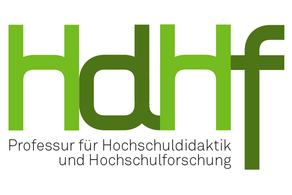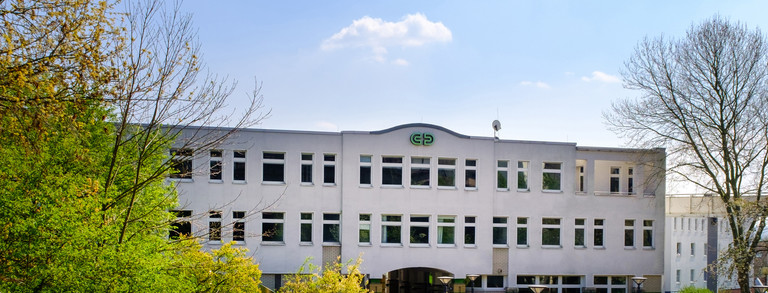Blurring Boundaries in Academic Work
Wissenschaftsrat
Jour Fixe International
Cologne, Germany
February 24, 2015
Abstract
Studies have showed that academic professional autonomy as well as what constitutes academic work are increasingly questioned in the context of three major developments. First, the New Public Management inspired reforms geared towards efficiency and effectiveness in public sectors have affected universities as they have become more 'corporate' organizations with stronger organizational management and performance monitoring. As a by-product of managerial reforms, universities increasingly profile themselves to retain competitive advantage which may impact the profiles of academic staff being hired and promoted. Second, the blurring of organizational boundaries is increasingly the norm which may require academics to work in a collaborative mode and produce relevant work for the broader society. Third, Academic Capitalism has increasingly permeated universities with the requirements for entrepreneurial behaviour of academics (Slaughter and Rhoades, 2004).
Despite the recent work on blurring boundaries in academic work away from the traditional 'scholar' perspective towards an academic capitalist (Lam 2010; Leišytė, 2015) it is still unclear how boundaries are blurring when it comes to combining traditional roles of teaching and research with services and entrepreneurship. The evidence on academic entrepreneurship and academic symbolic compliance show that buffering and other strategies are successfully employed by academics. Building on the notion of symbolic boundaries (Lamont and Molnar, 2002) we aim to understand how medieval historians maintain or disrupt their academic moral framework while responding to the pressure to adopt entrepreneurial roles from their institutional environment. How do they incorporate the new entrepreneurial roles along their traditional academic roles? We do so by studying medieval historians in research universities in two national contexts: the UK and the Netherlands.





